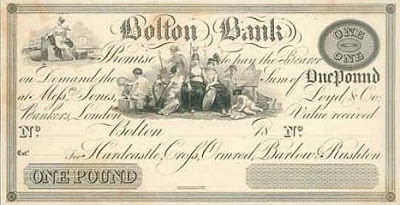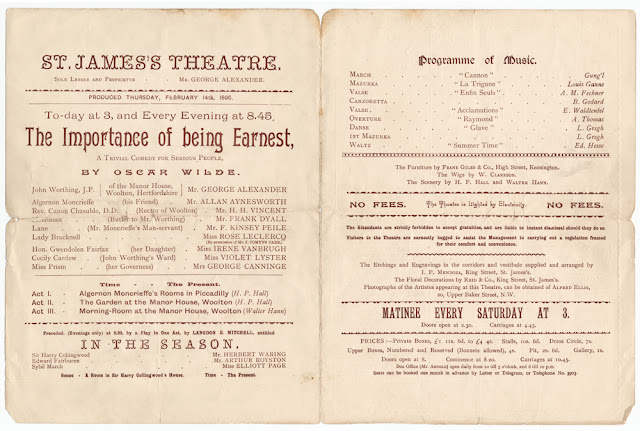The Lords and Ladies

The Importance of Being Earnest is riddled (lightly) with references to 'Lord' this and 'Lady' that, ' Honorable' and 'Sir' and so on. A fairly typical element of a 'comedy of manners' is that it deals with at least a few cha racters of the 'upper class', and your standard modern historical romance has invented a Duke (they're the most popular, currently) or at least an Earl. So what is all this snooty upper-crusting about? Allow me to explain. No, there is too much - let me sum up. The British aristocracy consist of peers/nobility and their families. Traditional rights included inherited positions in Parliament’s House of Lords, designation in the formal order of precedence, and the right to certain titles (or collection of titles). Also traditionally, these titles included land ownership and income from the rents on these lands. The given titles, in order of precedence, are: Duke (Duchess), Marquess (Marchioness), Earl (C...




